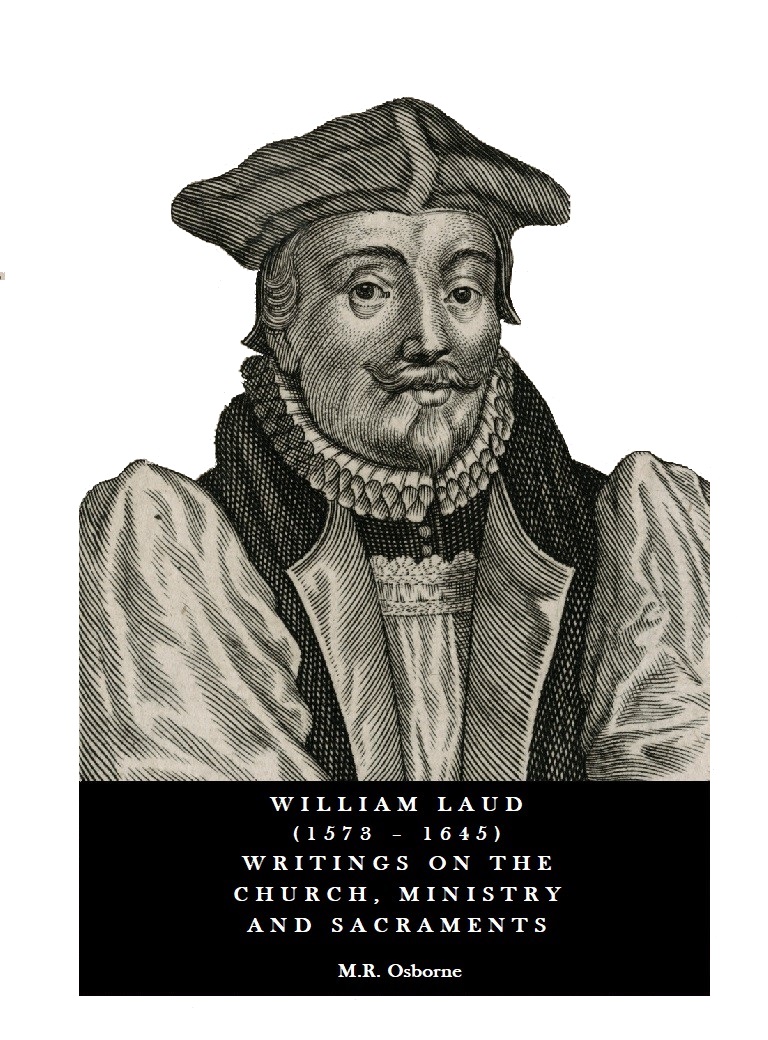"Gracious Father, I humbly beseech thee for Thy holy Catholic Church, fill it with all truth; in all truth with all peace. Where it is corrupt, purge it; where it is in error, direct it; where it is superstitious, rectify it; where in anything it is amiss, reform it; where it is right strengthen and confirm it, where it is in want, furnish it; where it is divided and rent asunder, make up the breaches of it; O Thou Holy One of Israel. Amen.” A prayer of William Laud
Archbishop William Laud's doctrines on the Church, ministry, and sacraments underpinned the prelate's theo-political activity in the years leading up to the English Civil War. Indeed, these three aspects illuminate Laud's designs, aspirations and the entire impetus behind his life's work.
Laud was, in the main, consistent in his theological reasoning. It is also possible to discern that, of all aspects of his theology, those of the sacraments and ministry reflected and ultimately depended upon his ecclesiology. This was the backbone and inspiration of his life's work. Laud helped fashion a more specifically Anglican theology - giving teeth to his reforms and substance to the theological rationale of the High Church movement. Laud's doctrines, while never entirely accepted at the restoration of the Church, nevertheless played an influential part in its continuation. In addition, one cannot escape from the prelate's enthusiastic determination in all aspects of his activities, not to mention his single-minded vision of a definitive Anglican system.
Laud was a doctrinarian who sought to clarify his beliefs and propagate them following his specific agenda and rule of faith, which tended to disparage the traditions of the contemporary Church in favour of the traditional. Laud's efforts on behalf of the clergy (leaving aside the disciplinarian aspects) were a fresh and timely effort to renew the doctrinal position of a body of men largely neglected in the country.

Purchase Book




